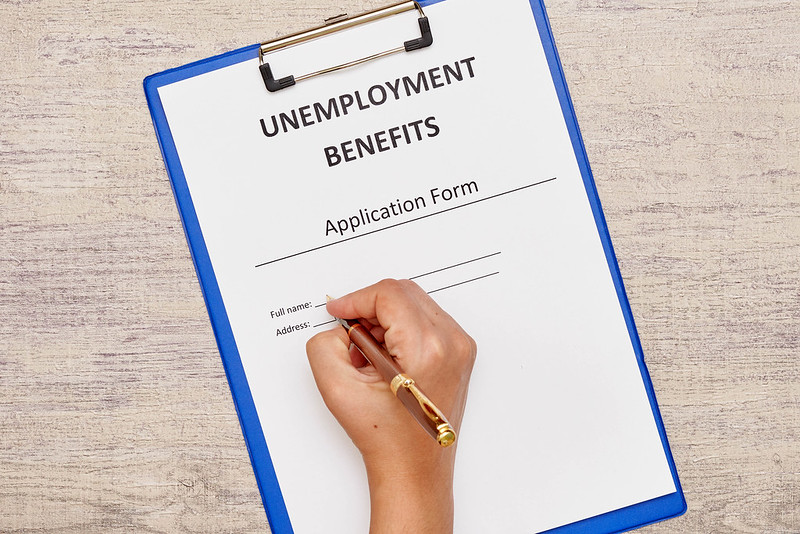Featured
Mass Layoffs at the Fintech Company Moonfare
Currently, Moonfare employs 196 people, “an increase of 40 percent” compared to the start of 2022, the company calculated. That should be little consolation to those ex-colleagues who were hired since the startup’s inception, trusting in the growth story, and were then hit by the layoffs. Doubts are also growing about Moonfare’s business model

Berlin-based fintech company Moonfare has laid off more than 10 percent of its full-time employees in 2022 compared to its peak. The growth story of brash founder Steffen Pauls is getting more and more scratches.
Well into the crisis year of 2022, Moonfare founder Steffen Pauls (54) remained focused on expansion. While the prices of many tech stocks collapsed on the stock market, his broker of private equity fund shares was hiring heavily.
The number of full-time employees at the Berlin headquarters and other locations grew from 139 to 211 at times since the beginning of 2022. But apparently, the former manager of the private equity company KKR had recruited reinforcements all too carelessly. Newcomers to the offices, some of whom had given up attractive old jobs for this purpose, soon had to watch Pauls switch to a shrinking diet.
Read more about the fintech company Moonfare and find the most important financial news of the day with our companion app Born2Invest.
As late as 2022, Moonfare had to notify the relevant employment agency of a so-called mass layoff
For a company of its size, that’s required if 10 percent or more of the workforce is to be laid off.
“We parted with 21 employees in Germany in 2022 from our peak of 211 full-time employees globally after appropriate performance review processes, and they have since left the company,” Moonfare announced. However, these are only the layoffs in the home market: employees are also said to have been laid off at foreign locations, according to people familiar with the company.
Currently, Moonfare employs 196 people, “an increase of 40 percent” compared to the start of 2022, the company calculated. That should be little consolation to those ex-colleagues who were hired since the startup’s inception, trusting in the growth story, and were then hit by the layoffs.
“In 2023, we will continue to make targeted hires across the company to drive our planned growth and strategic initiatives,” Moonfare further shared. However, caution seems to be in order. Only recently, company founder Pauls had attracted attention in another context by overly full-bodied jubilation about a new investor, behind which, however, he himself stood.
The fact that outside investors may be reluctant is not only understandable because of the general start-up crisis
Doubts are also growing about Moonfare’s business model. After all, selling fund shares to wealthy private investors is seen as the big growth area for private equity funds like Apollo, KKR, and Partners Group, which are hiring more and more of their own people for this purpose and may soon no longer be dependent on intermediaries like Moonfare.
At present, the big fund providers are still working with intermediaries such as private banks, said Sabina Comis, a partner at the law firm Dechert in Paris who specializes in the private equity sector, among other things. “But this will not continue for long,” the lawyer predicts. “Soon the back offices of private equity firms will have acquired the necessary skills to establish direct contact with private clients.”
__
(Featured image by Marco Verch Professional Photographer CC BY 2.0 via Flickr)
DISCLAIMER: This article was written by a third party contributor and does not reflect the opinion of Born2Invest, its management, staff or its associates. Please review our disclaimer for more information.
This article may include forward-looking statements. These forward-looking statements generally are identified by the words “believe,” “project,” “estimate,” “become,” “plan,” “will,” and similar expressions. These forward-looking statements involve known and unknown risks as well as uncertainties, including those discussed in the following cautionary statements and elsewhere in this article and on this site. Although the Company may believe that its expectations are based on reasonable assumptions, the actual results that the Company may achieve may differ materially from any forward-looking statements, which reflect the opinions of the management of the Company only as of the date hereof. Additionally, please make sure to read these important disclosures.
First published in manager magazin, a third-party contributor translated and adapted the article from the original. In case of discrepancy, the original will prevail.
Although we made reasonable efforts to provide accurate translations, some parts may be incorrect. Born2Invest assumes no responsibility for errors, omissions or ambiguities in the translations provided on this website. Any person or entity relying on translated content does so at their own risk. Born2Invest is not responsible for losses caused by such reliance on the accuracy or reliability of translated information. If you wish to report an error or inaccuracy in the translation, we encourage you to contact us.

-

 Markets1 week ago
Markets1 week agoCotton Market Weakens Amid Demand Concerns and Bearish Trends
-

 Business6 hours ago
Business6 hours agoTopRanked.io Weekly Affiliate Digest: What’s Hot in Affiliate Marketing [Best Technology Affiliate Programs]
-

 Fintech1 week ago
Fintech1 week agoFintech Alliances and AI Expand Small-Business Lending Worldwide
-

 Crowdfunding2 weeks ago
Crowdfunding2 weeks agoSpain’s Real Estate Crowdfunding Boom: Opportunity, Access, and Hidden Risks
























